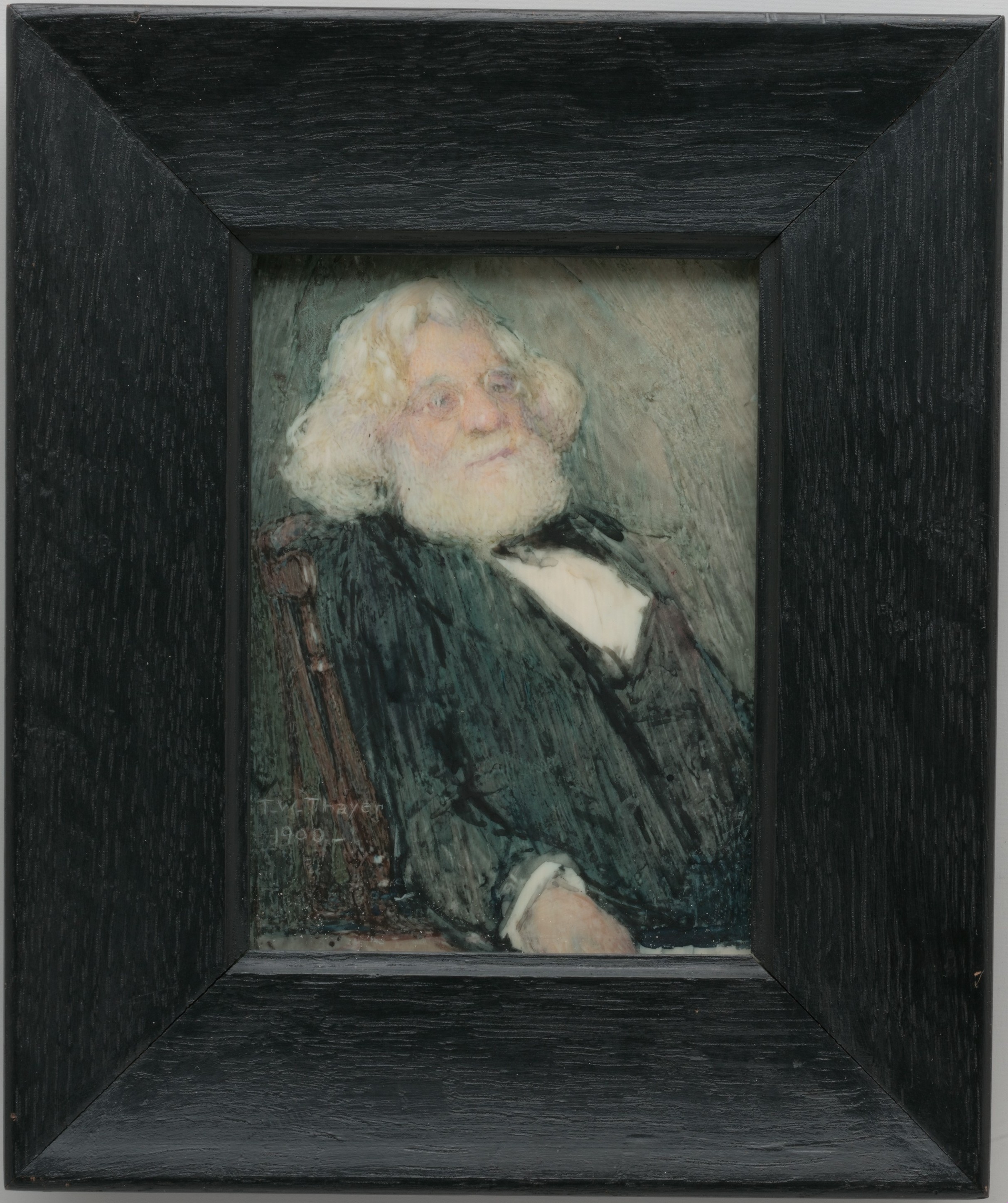

I can’t believe the first one ( Oryx and Crake) was written almost two decades ago – the concerns about genetic manipulation and climate change are very top-of-mind nowadays. I’m a sucker for good sci-fi, and Atwood’s feels especially prescient. Probably my favorite books I read all year.

No One Is Talking About This by Patricia Lockwood (2021).Go Tell It on the Mountain by James Baldwin (1953).Their Eyes Were Watching God by Zora Neale Hurston (1937).The Dolphin House by Audrey Schulman (2022).The MaddAddam trilogy by Margaret Atwood (2003-2013).In any case, bring on the books! Quick links Fiction I’d pat myself on the back, but if I did a full accounting of all the books I’ve read in my lifetime, I probably have a huge deficit to make up. Well this year, without consciously trying, 9 out of the 13 books I read were written by women. One interesting thing I noticed about this year: in years past, I mentioned trying to read more books written by women. Instead, she fades into the background as the novel focuses increasingly on military and political entanglements and Harold's difficult choices between love and country, happiness and power.Once again, here are the books I read this year, and especially the ones I’d recommend. Some readers may wish that Godwin continued to place Edith at the center of the story. Most engaging among them is that of sharp-witted, resilient Edith. Godwin skillfully uses multiple voices to tell his story-Edward, William and Harold's brothers, father and sister all get a chance to speak. Yet the most poignant relationship in the novel is between Harold and his common-law wife, Edith, whom he loves deeply and, according to church law, can never marry. Harold's noble family mirrors England's fractiousness: Harold sends one beloved brother into exile and kills another.

Threatened by civil strife and Norman invasion, the English court of the mid-11th century is a treacherous place where loyalties are tested and trusts routinely betrayed. Prolific Godwin (Return to Nottingham) tells the tragic story of Harold of Wessex, the earl who overcame his scruples to succeed Edward the Confessor as king but reigned for only a year before he was cut down at the Battle of Hastings.


 0 kommentar(er)
0 kommentar(er)
